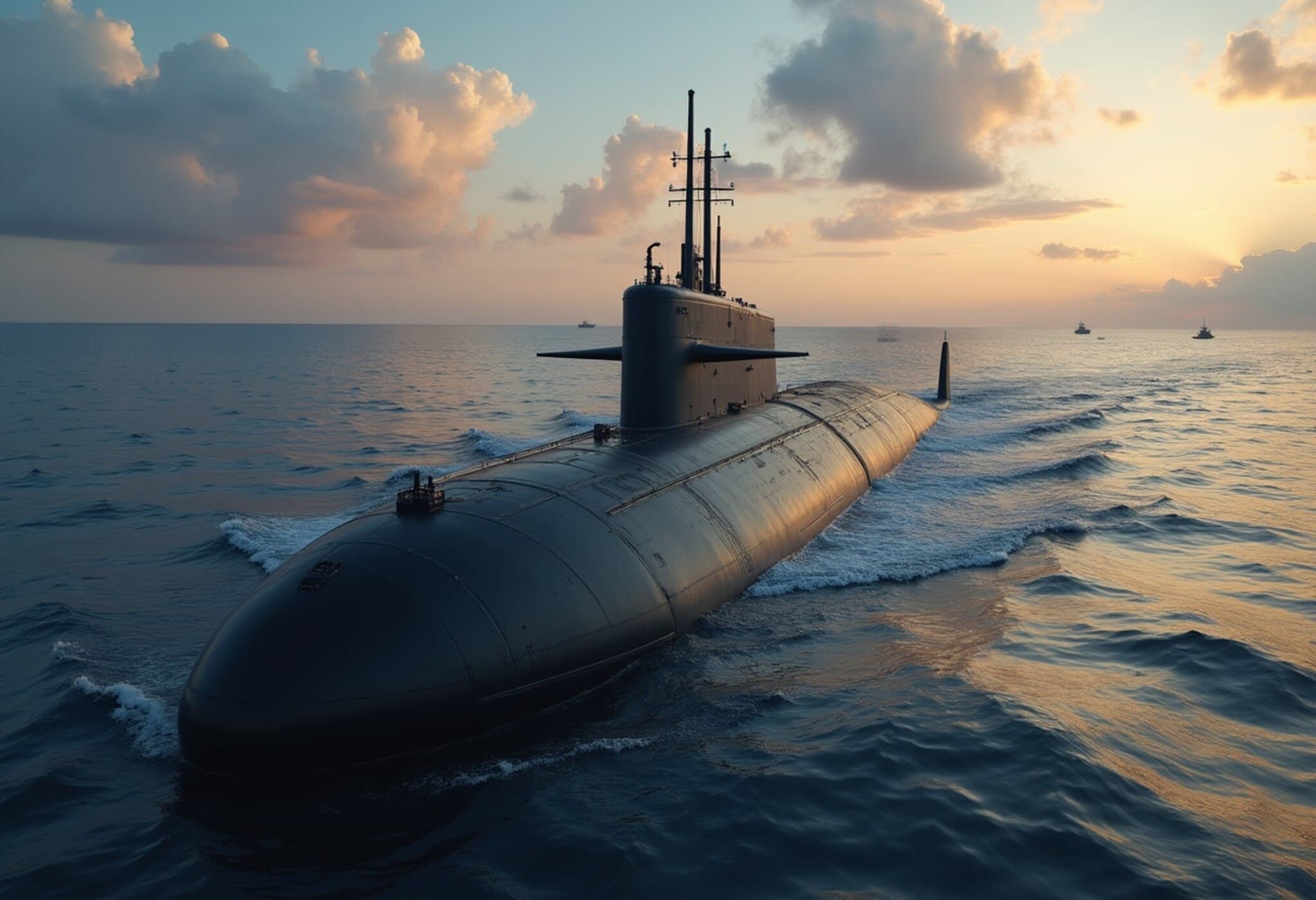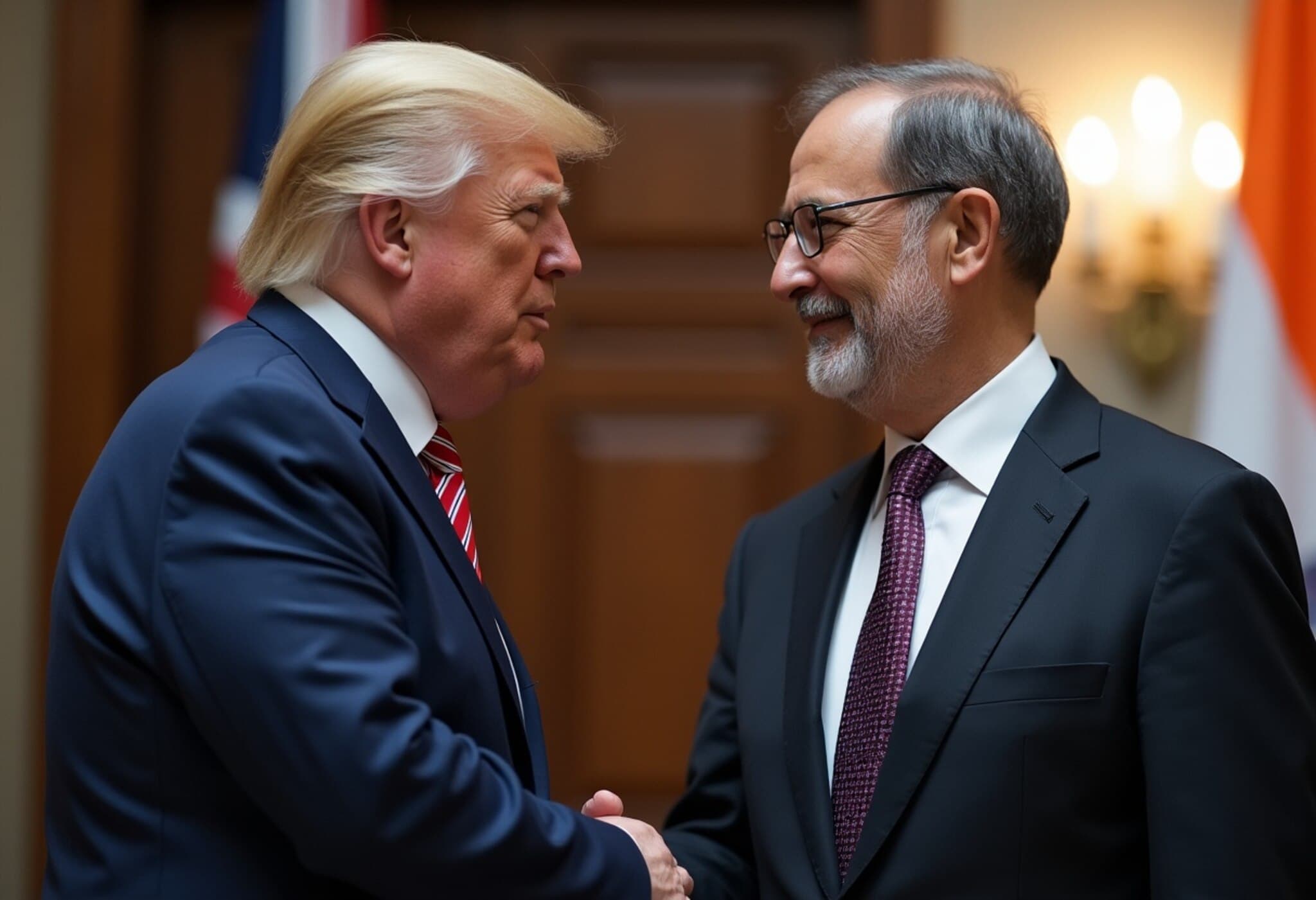US Urges Australia for Clearer Stance on China Amid AUKUS Submarine Review
Washington officials and prominent Indo-Pacific defense experts are signaling a growing impatience with Australia’s cautious public approach toward the perceived Chinese threat. As the Pentagon undertakes a critical review of the AUKUS submarine pact, experts emphasize that Canberra needs to be more forthright about Beijing’s regional ambitions and its own strategic posture—lest it jeopardize this cornerstone security agreement with the United States and the United Kingdom.
Voices from Washington: Diplomacy, Defense, and Strategic Clarity
John Bolton, former US national security adviser under President Trump, expressed concern over what he describes as Australia’s more muted language around China compared to previous governments. "In past eras, even left-leaning governments were vocally anti-communist," Bolton commented. "The reluctance to openly identify the threat makes some in Washington uneasy. The strategic competition with China is already underway; honesty about it is essential."
Bolton’s remarks hinge on the deep-seated expectation that close allies like Australia not only acknowledge the risks posed by China’s expanding military capabilities but also publicly commit to a collective response framework.
Bryan Clark, a senior fellow at the Hudson Institute and former naval operations expert, stressed that the United States' review of AUKUS is about explicit signaling. "Australia spends a significant portion—between 10 to 20 percent—of its procurement budget on these nuclear-powered submarines," Clark noted. "Yet, there’s been hesitation to publicly acknowledge they could be deployed against China. The US administration wants these intentions aired openly to reinforce deterrence."
The Stakes Behind AUKUS: Beyond Submarine Sales
The AUKUS pact represents more than just a weapons sale. It is a geopolitical statement about alliance solidarity and regional stability in the Indo-Pacific. The submarines — expected to be nuclear-powered but conventionally armed — signify a leap in Australia's defense capabilities, aimed at countering China’s rapid military build-up.
- Australia’s strategic posture under the Albanese government has been characterized by more cautious rhetoric compared to the Morrison and Turnbull governments, prompting questions about political consistency in Washington.
- US concerns focus on whether Australia will commit unequivocally to using these submarines as intended within a joint defense framework, not merely possess them as a symbolic deterrent.
- Political dynamics in Australia show a split between bureaucratic consensus on China’s threat and a political language that varies with party leadership.
Australian Government Responds: Transparency and Strategic Commitment
Responding to these concerns, a spokesperson for Foreign Minister Penny Wong reaffirmed Australia’s clear messaging on China’s regional objectives. "The foreign minister has for years openly discussed Australia's concerns regarding China’s accelerated and opaque military expansion," the spokesperson said. "Our Defence Strategic Review is transparent about these challenges, and our acquisition of these submarines through AUKUS is designed to enhance regional peace and stability in close coordination with allies."
Wong has maintained active dialogue with US policymakers, including recent calls with US Secretary of State Marco Rubio, underlining the importance of the Australia-US alliance to sustain a free and open Indo-Pacific region.
Expert Insights: Future of AUKUS and Regional Security
While experts like Bolton and Clark agree that the AUKUS pact will likely endure despite the ongoing Pentagon evaluation, they underline several critical points:
- The US seeks clearer public confirmation that Australia intends to deploy its submarines proactively in defense of shared interests, including potential conflict scenarios involving China.
- There is bipartisan consensus in Washington that Australia, and allied nations generally, will need to increase defense budgets to meet evolving security challenges.
- The US has built in contingencies allowing future administrations to reevaluate or halt submarine sales based on Australia’s strategic alignment and readiness to integrate the submarines into alliance defense plans.
Moreover, the nuanced US policy of strategic ambiguity regarding Taiwan places strain on allies to clarify their own red lines, a dilemma acknowledged by US officials cautioning against forcing Australia into declarations the US itself avoids.
Regional and Global Implications
The AUKUS submarine deal epitomizes the complex balancing act in the Indo-Pacific, where allies must navigate the challenge of presenting a united front without escalating tensions unnecessarily. For the United States, the partnership with Australia is a linchpin for maintaining military advantage and diplomatic influence as China asserts itself. For Australia, the stakes are equally high — demanding a careful but transparent strategy that reassures allies and deters adversaries.
As international observers watch closely, Australia’s willingness to vocalize its strategic intentions publicly may very well decide the future trajectory of this critical trilateral alliance and the broader regional security landscape.
Editor’s Note:
Australia finds itself at a crossroads in defining its role amid intensifying great power competition. The call from Washington for clearer communication on China underscores a broader challenge: how democracies manage alliance cohesion while balancing domestic political considerations. Readers should ponder whether the pragmatic restraint shown by Canberra reflects strategic discretion or risks undermining alliance trust. Will Australia’s approach evolve to meet rising expectations, or could ambiguity weaken the very deterrence AUKUS aims to fortify?



















